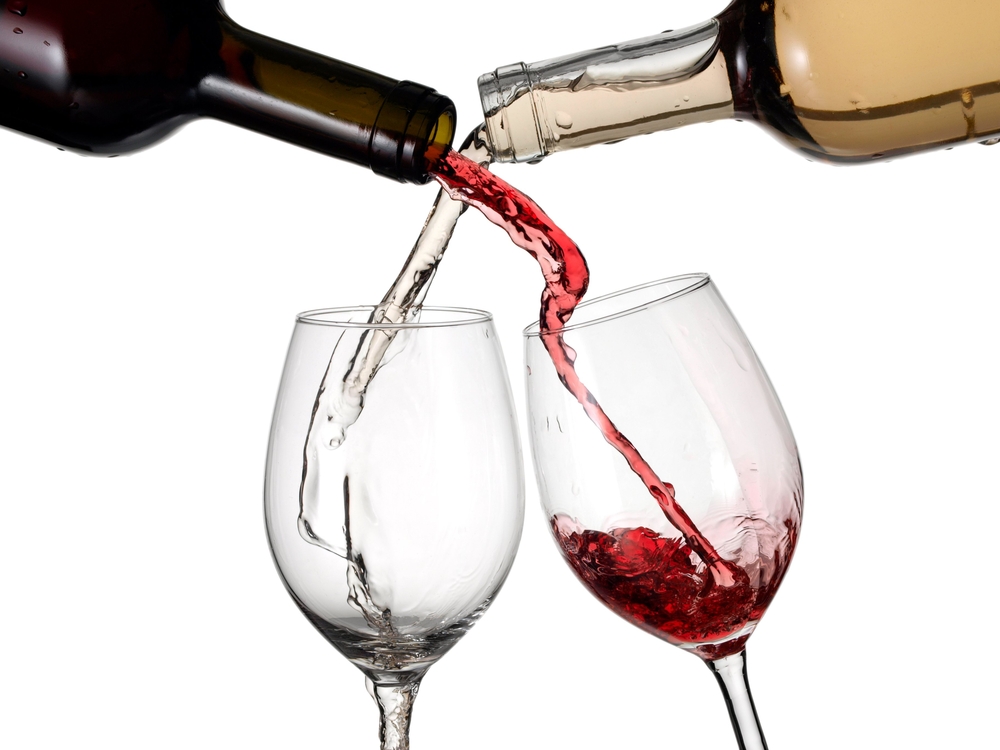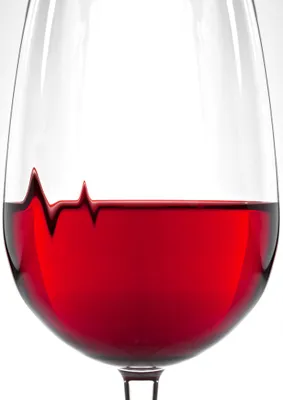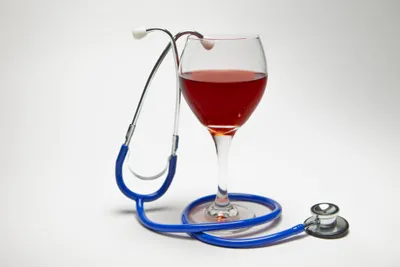Many of us take the enjoyment of a robust glass of red wine for granted. In fact, recent studies from Johannes Gutenberg University, in Mainz, Germany, may be a vintage-lovers worst nightmare! The study, which surveyed 950 participants residing in Western Germany’s wine region found that 25-percent were allergic or intolerant to vino—GASP—without even knowing it!
While the study findings are nothing to cheers about, that glass of wine you like to swill may be making you ill due to an allergic reaction or intolerance that’s similar to a hangover or seasonal allergies. So before you pop your cork, here are six facts you should know about wine allergy and wine intolerance…
1. A Note on Alcohol Allergy
When I was in high school I had a friend who was allergic to alcohol. Every time poor Ernie took a sip from a beer or a wine cooler his skin flushed, he broke out in hives, and he got unbelievably intoxicated due to an allergy to the ethanol found in all alcoholic drinks.
Now an allergic reaction to wine doesn’t mean you’re allergic to all forms of alcohol. In fact, a wine-specific allergy is due to a reaction to sulfites, histamine, or other specific compounds in wine that aren’t present in other types of alcohol.
2. Red vs. White Wine
According to Prevention magazine, if you’re allergic to wine chances are it’s red vintages that will give you the most severe reaction. This is because red vino contains greater quantities of a particular protein allergen, known as LTP.
LTP is confined to the skins of the grapes, which makes it problematic for red wine lovers. White wine, on the other hand, is fermented sans grape skins so your favorite Pinot Gris, Riesling, or chardonnay may cause less or no allergic reaction.
3. Wine-Related Symptoms
Symptoms of mild wine intolerance are often difficult to decipher because they often mimic a hangover (i.e., headache), the sniffles, or seasonal allergies. In fact, many folks who don’t recognize a routine pattern of indicators after sipping wine won’t even realize there’s a connection.
Symptoms of wine intolerance can be as innocent as a rosy glow after a glass. Other telltale symptoms can include nasal congestion, skin flushing, quickening heart rate, and itchy skin. Wine allergy presents a set of symptoms that are hard to miss—including swelling of the lips, throat, and mouth, diarrhea, vomiting, and shortness of breath.
4. Testing for Wine-Related Issues
Often pinpointing any type of intolerance entails a method of trail and error. For instance, ask yourself how you feel after a glass of wine compared to the same sized serving of beer or a mixed alcoholic cocktail?
If the symptoms only persist with wine or red wine, you may be vino-intolerant. As mentioned, the different chemical compounds in wine can produce different reactions. For instance, you may experience a pounding headache after sipping a vino high in histamine (akin to seasonal allergies). Drinking a low-histamine wine going forward may be the answer.
5. Allergy-Specific Symptoms
While certain symptoms can spell intolerance, symptoms related to swelling of the mouth, tongue, and throat, hives, and breathing issues can indicate an allergy to wine.
If you notice a connection between your wine drinking and labored breathing, coughing, tightness in the chest, and wheezing, you may have a sulfite allergy. Likewise, hives, flushing and itchy skin can indicate irritation due to sulfites, histamines, or alcohol (ethanol). Also, alcohol consumption can adversely mix with certain prescription medications.
6. Gender and Wine Allergy
Sorry to put a kibosh on girls’ wine nights, ladies, but studies show that women are roughly twice as prone to wine allergy and intolerance compared to men.
In fact, a 2005 Swedish study published by the National Institutes of Health noted that women have double the risk of experiencing sneezing, lower airway respiratory issues, and runny noses after drinking red and white wines. The researchers also noted a link between women with existing bronchitis, asthma, and hay fever and wine allergy.









